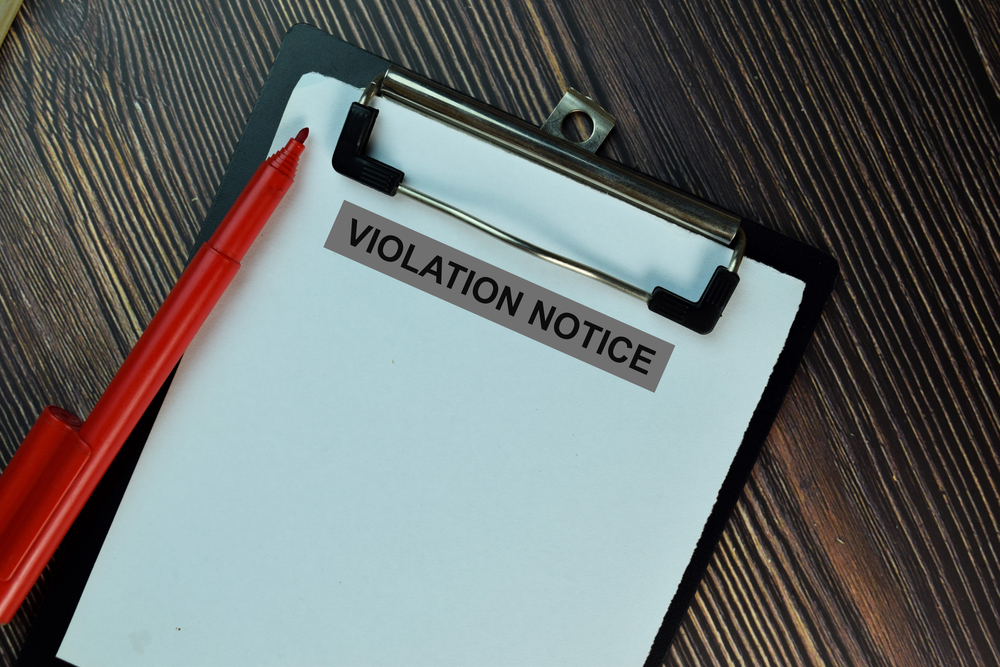
Without a dedicated manager to streamline operations, board members often struggle to maintain consistent and transparent communication. Here are five of the most common communication issues faced by self-managed HOAs—and what boards can do to address them before they escalate into larger problems.
When residents raise questions or express concerns, they want to feel heard and respected. But in self-managed communities, board members are often overwhelmed with responsibilities, making it difficult to respond thoughtfully or in a timely manner. Without a designated point of contact—such as a property manager—to triage communication, important feedback can fall through the cracks.
Establish a clear and accessible process for submitting homeowner concerns, such as a shared email address or online form. Assign a board member or committee to track and follow up on submissions. Acknowledge every message, even if a full response will take time.
Without a management company to provide structure, HOA boards may fall into disarray over who has the authority to make decisions. In some cases, one board member may attempt to take charge unilaterally, causing resentment and confusion. In other cases, the board may avoid difficult decisions altogether, leaving the community in limbo.
Common results of unclear leadership include:
Clearly define officer roles and voting procedures in your governing documents or rules of procedure. Elect a board president who is empowered to facilitate meetings and guide decision-making but does not act independently. Consider adopting a code of conduct to promote respectful collaboration among board members.
3. Letting Emotions Drive Community Decisions
In professionally managed HOAs, managers serve as a neutral third party—buffering emotionally charged issues and promoting fair, policy-driven outcomes. Without that buffer, volunteer board members may react personally to complaints, disputes, or criticism.
Signs that emotions are overriding logic include:
Maintain professionalism by responding to issues with facts and referring to written policies whenever possible. If a situation involves a board member personally, consider recusing them from the discussion. Encourage calm, constructive conversations, and if needed, bring in a third-party facilitator to mediate.
Clarity in communication also applies to the HOA’s written materials—especially bylaws, covenants, and rules. If these documents are vague, contradictory, or missing critical details, both homeowners and board members are left guessing about their rights and responsibilities.
Problems caused by unclear documentation:
Review your governing documents regularly, especially when laws or community needs evolve. If your board drafted the rules without legal help, consider consulting a community association attorney to ensure clarity and compliance. Provide plain-language summaries or FAQs to help homeowners better understand their obligations.
Perhaps the most visible communication failure is when important information isn’t effectively shared with the community. Without a manager to send updates or organize meetings, it’s easy for residents to feel disconnected or uninformed.
Consequences of communication breakdowns include:
Develop a communications plan that outlines how and when the board will share updates. This can include:
Assign responsibility for managing these channels to one or more board members to ensure consistency.
Even with the best intentions, many self-managed HOA boards find it difficult to keep up with communication demands. If your board is experiencing frequent misunderstandings, delayed decisions, or resident complaints about lack of transparency, it may be time to consider bringing in professional support.
A qualified HOA management company can help:
Conclusion
Good communication is essential for HOA boards to lead effectively and foster a cohesive, well-informed community. While self-management is possible, it requires planning, clear structure, and proactive communication strategies. By identifying and addressing the most common communication issues, your board can avoid misunderstandings and create a more responsive, professional experience for everyone in your community.
If your HOA is ready to improve communication, reduce internal stress, and strengthen resident engagement, Gordon James Realty can help. Our experienced HOA management team provides expert support tailored to your community’s needs. Learn more about our HOA management services or contact us today to get started.

Learn how to craft and enforce HOA parking rules, resolve disputes, and ensure compliance with fair, legally sound enforcement strategies.

Learn how to respond to HOA violation notices, understand your rights, and resolve disputes through hearings, appeals, or mediation.
We're proud to make partnering with us easy. Contact our team to connect with one of our industry experts and get started today.